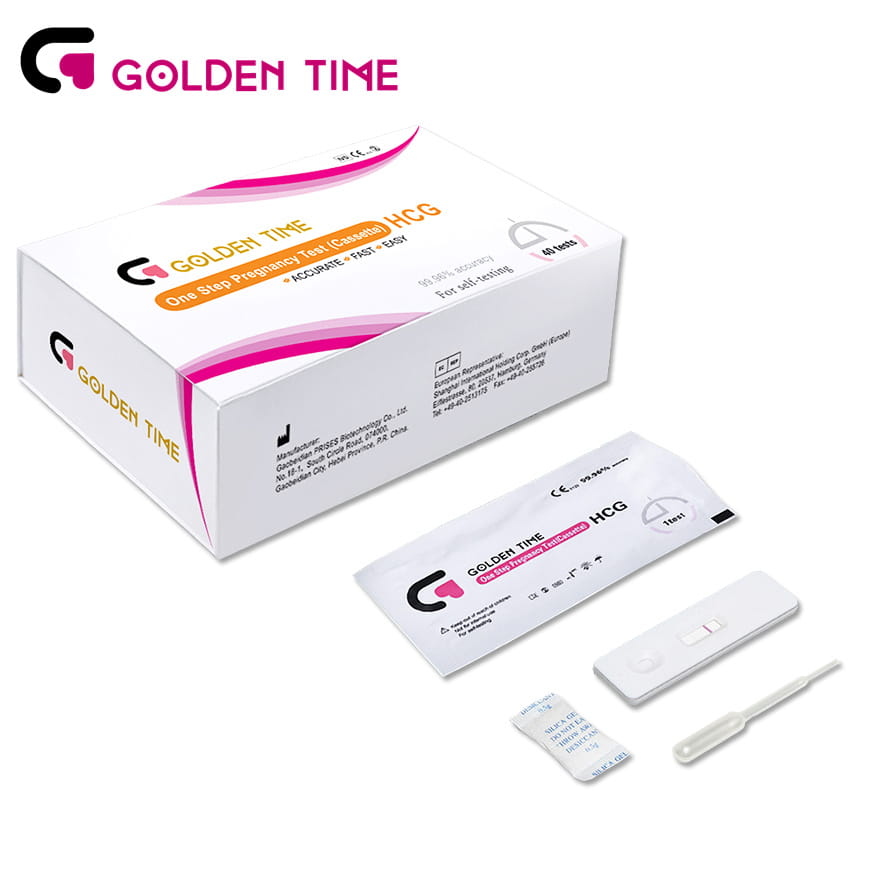Aug . 28, 2024 16:21 Back to list
best hepatitis b quantitative test supplier
Choosing the Best Hepatitis B Quantitative Test Supplier
Hepatitis B is a viral infection that attacks the liver and can cause both acute and chronic diseases. One of the critical aspects of managing hepatitis B is monitoring the viral load, which is essential for assessing the progression of the disease and the effectiveness of treatment. The quantitative hepatitis B test measures the amount of hepatitis B virus (HBV) DNA in the blood, providing valuable information for healthcare providers. Therefore, selecting the best supplier for hepatitis B quantitative testing is vital for ensuring accurate, reliable, and timely results.
When searching for a hepatitis B quantitative test supplier, several factors should be considered. First and foremost, the quality of the testing products is paramount. High-quality tests are those that have undergone rigorous validation processes to ensure accuracy and reliability. Suppliers should provide detailed information about their test methodologies and any certifications or approvals they have received from relevant health authorities, such as the FDA or CE marking in Europe.
Choosing the Best Hepatitis B Quantitative Test Supplier
In addition to product quality, customer service is crucial when selecting a supplier. The healthcare landscape can be complex, and providers often require support in navigating testing protocols, interpreting results, and implementing follow-up procedures. A supplier that offers comprehensive customer support, including technical assistance and educational resources, can significantly enhance the overall testing experience.
best hepatitis b quantitative test supplier

Timely delivery of testing kits and results is another critical factor. Delays in obtaining test results can lead to increased anxiety for patients and may impede timely clinical decisions. Therefore, suppliers who can guarantee prompt delivery and have efficient logistics systems in place are more desirable options. Furthermore, consistent supply availability is crucial to ensure that healthcare facilities can meet their testing demands without interruption.
Moreover, cost-effectiveness is an essential consideration for many healthcare providers. While the cheapest option may seem appealing, it is vital to evaluate the overall value that a supplier offers. This includes assessing the reliability of test results, customer support, and the reputation of the company in the medical community. Establishing a balance between cost and quality can lead to better patient care in the long run.
Finally, it can be beneficial to look for suppliers with experience and a good reputation in the field of infectious diseases. Suppliers that are well-established and have a track record of successful collaborations with hospitals and clinics usually offer a wealth of knowledge and expertise that can be valuable during the testing process.
In conclusion, choosing the best hepatitis B quantitative test supplier involves careful consideration of several factors, including test quality, technology, customer service, delivery, cost-effectiveness, and reputation. By making an informed decision, healthcare providers can ensure they have reliable testing resources that contribute to the effective management of hepatitis B, ultimately improving patient outcomes and enhancing the quality of care.
-
Accurate Benzodiazepines (BZO) Rapid Test Kits | Fast Results
NewsAug.27,2025
-
Trusted Early Pregnancy Test Kit Supplier | Accurate, Fast Results
NewsAug.26,2025
-
China Sterile Nylon Flocked Throat Swabs: Superior Sample Collection
NewsAug.25,2025
-
COVID-19 Rapid Antigen Test Kit: Accurate & Fast Home Results
NewsAug.24,2025
-
Premium Cassette Lateral Flow Devices for Rapid Diagnostics
NewsAug.23,2025
-
Pregnancy Test Calculator: Know Your Weeks, Week by Week
NewsAug.22,2025

